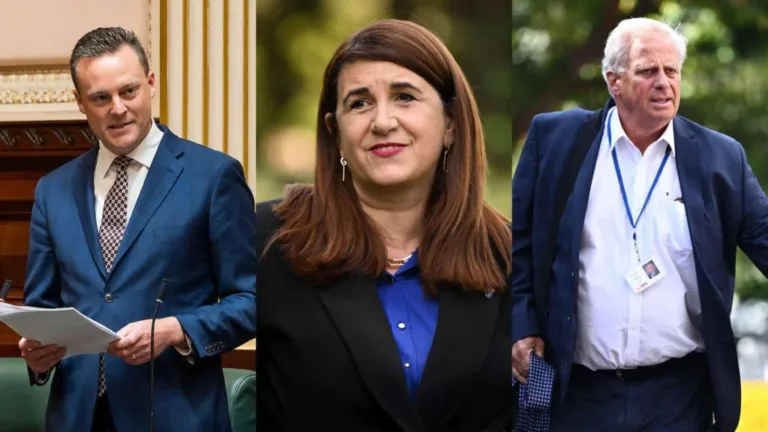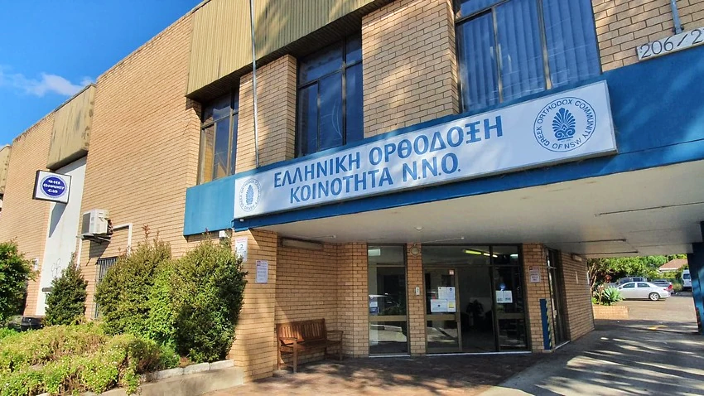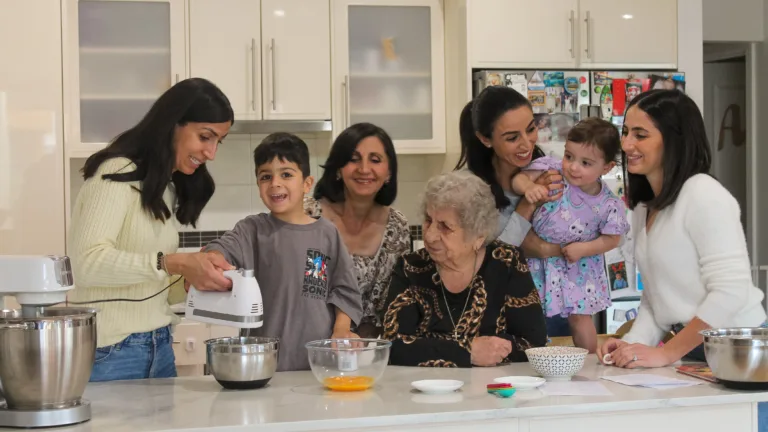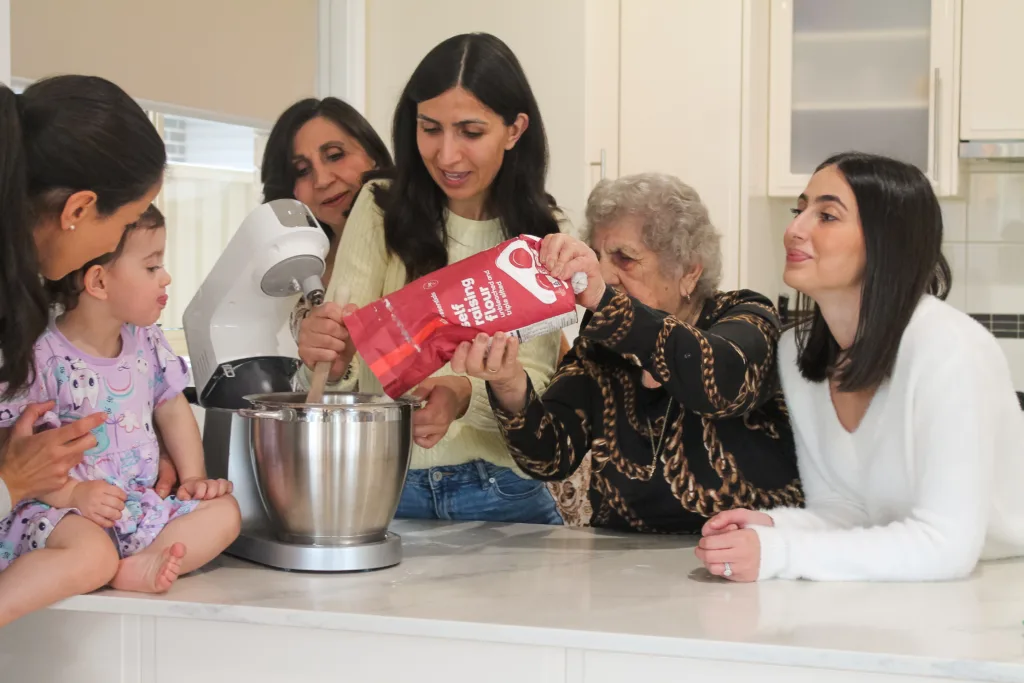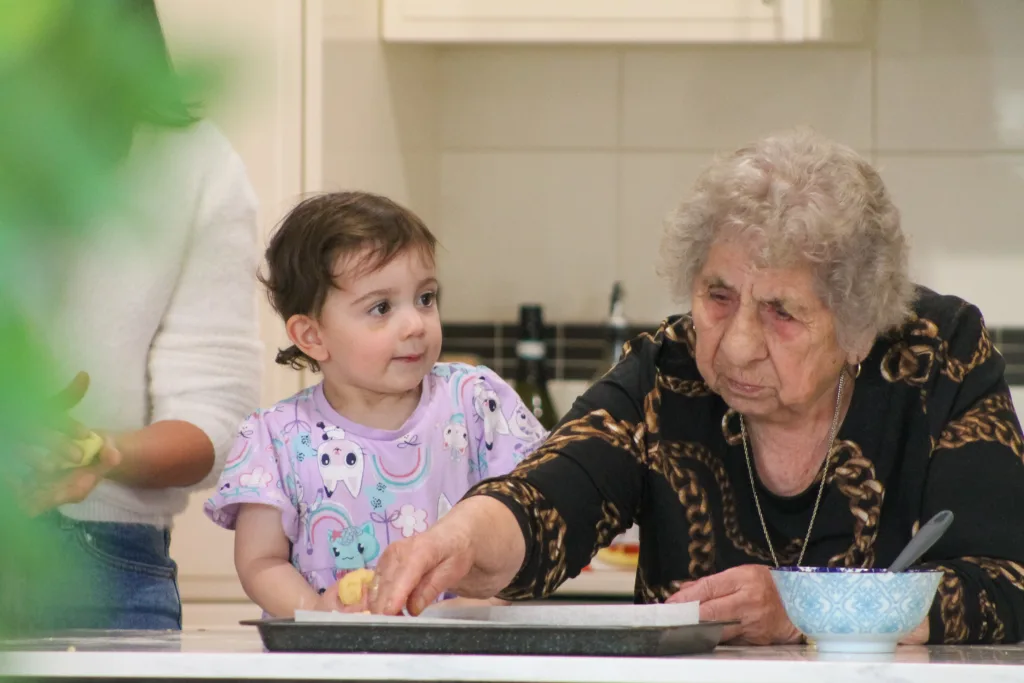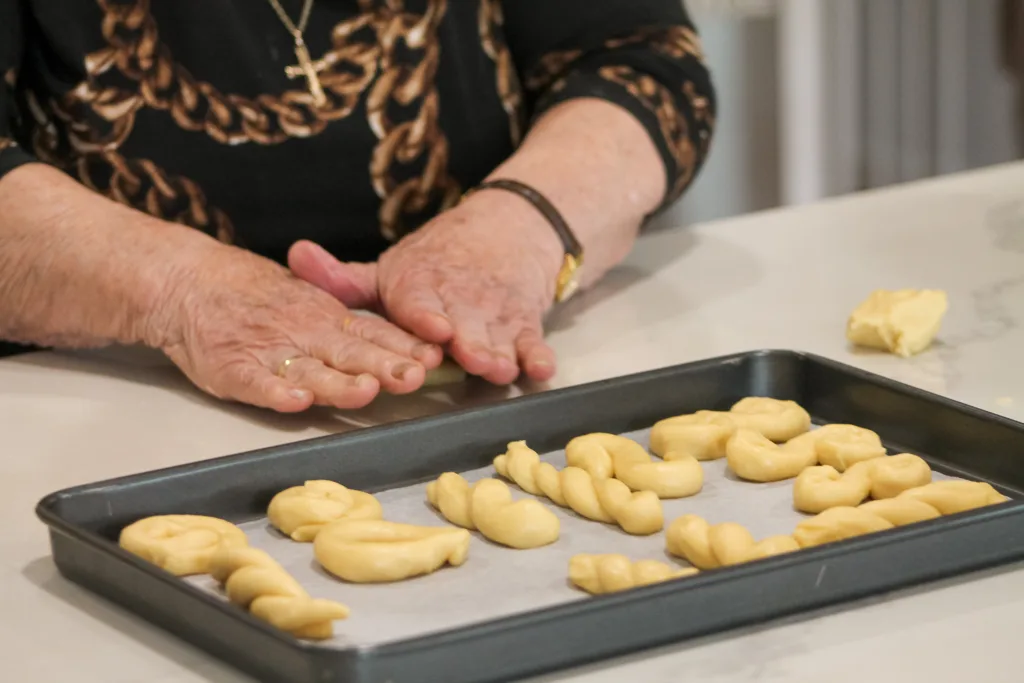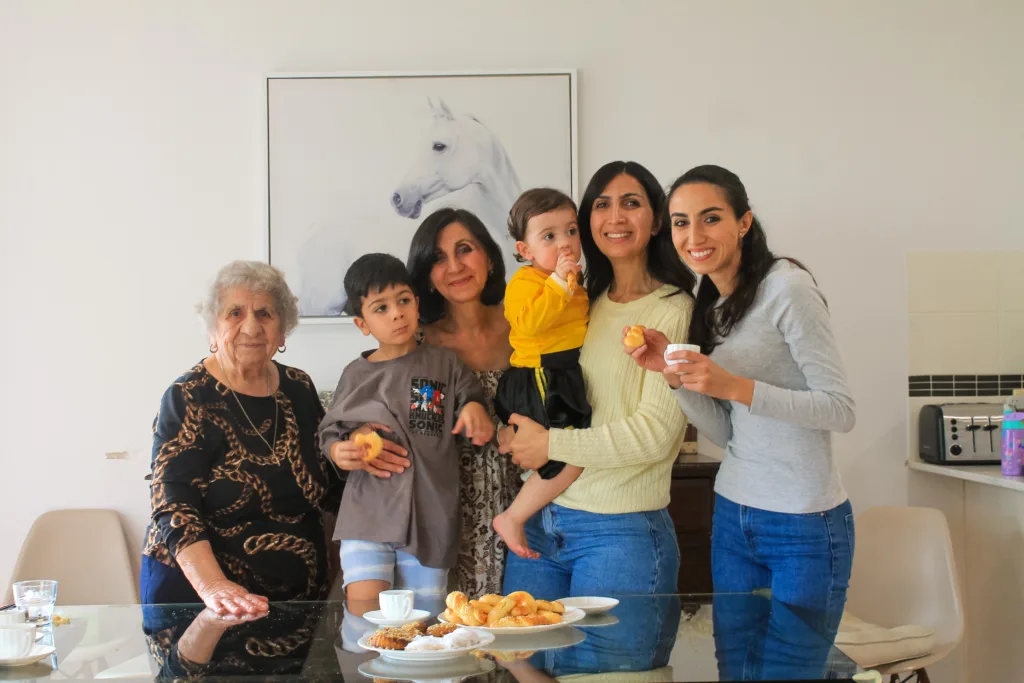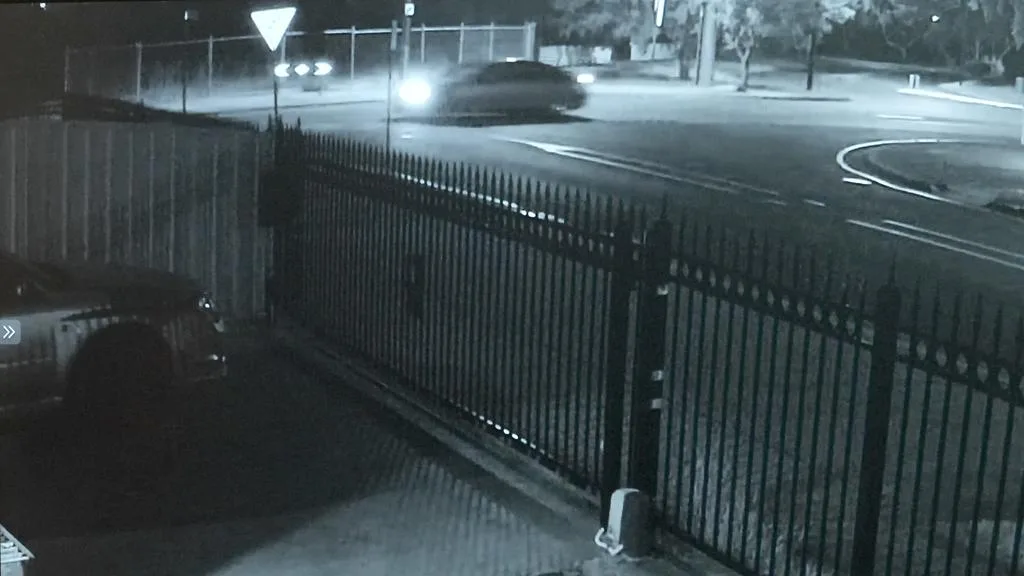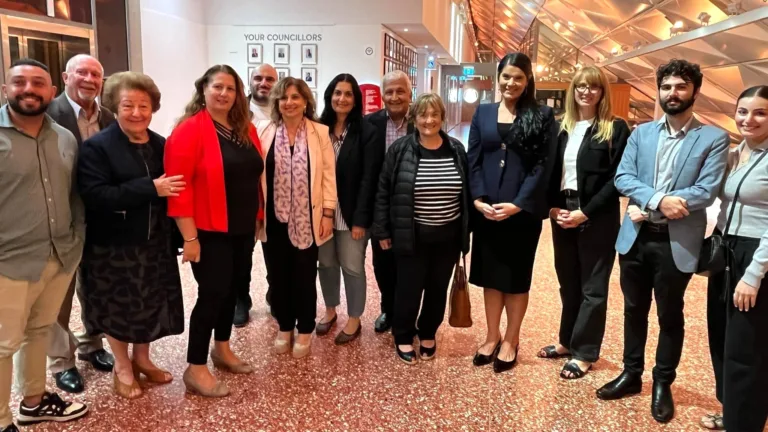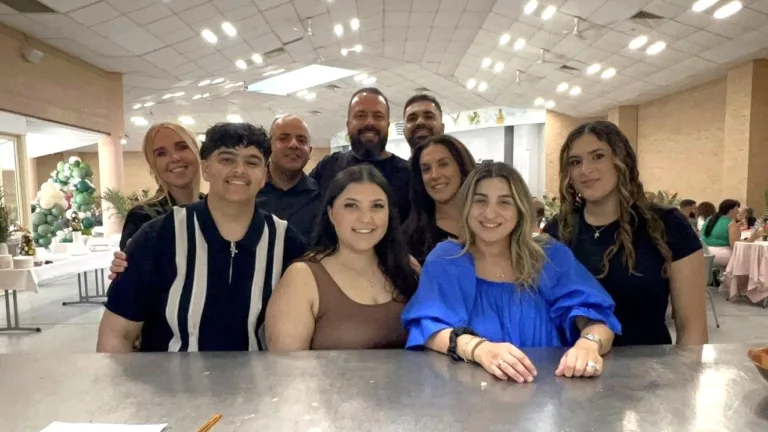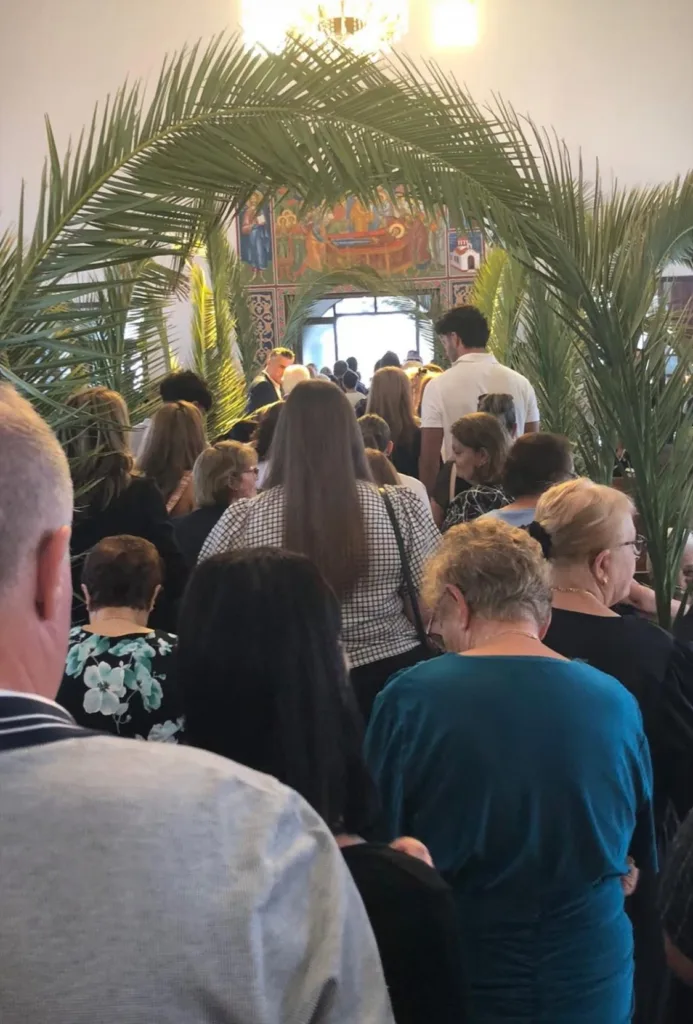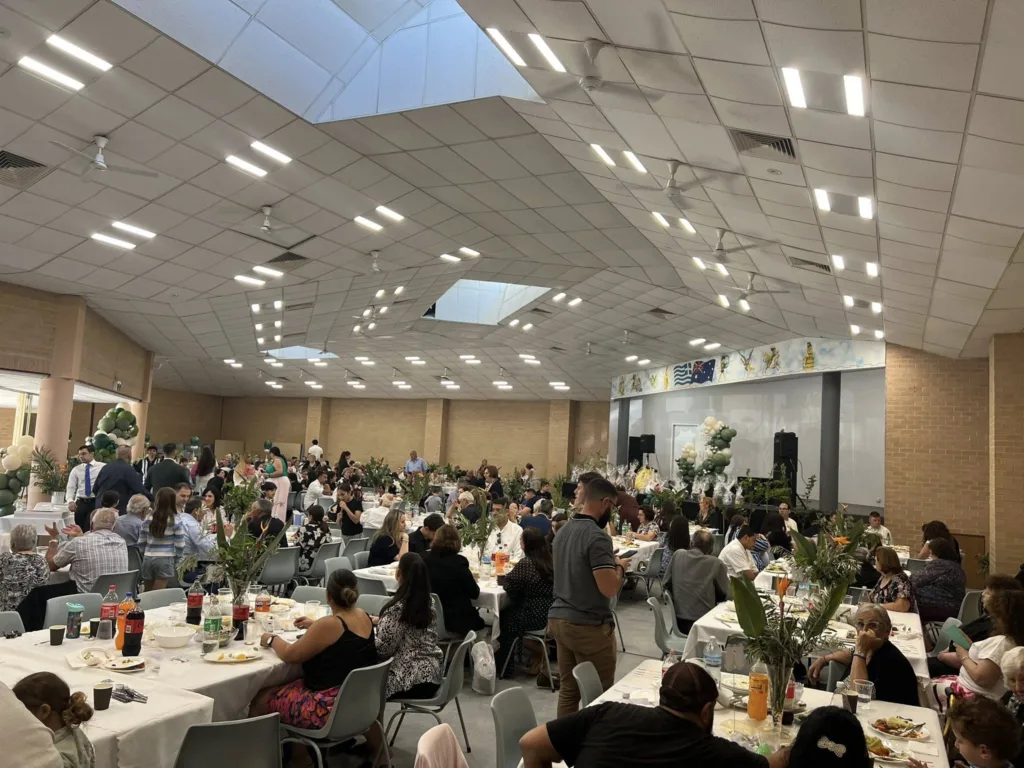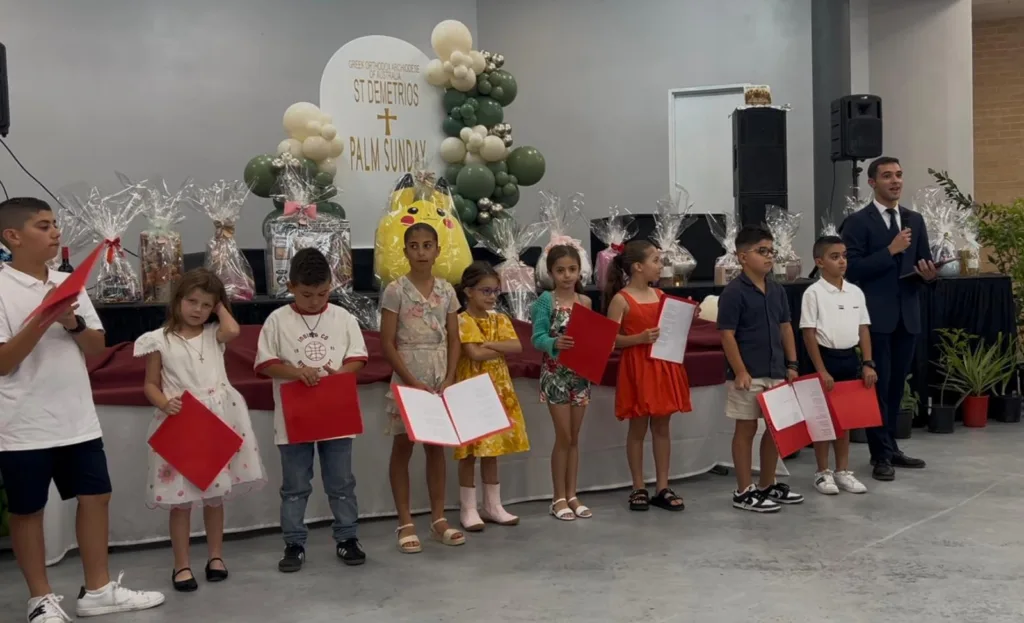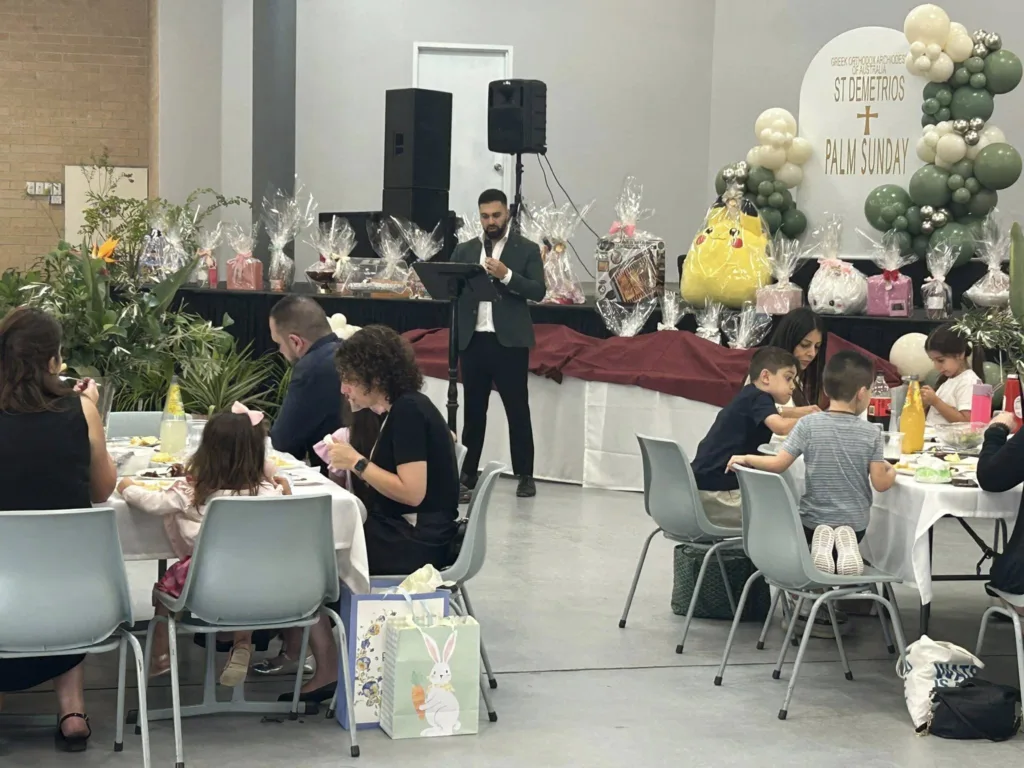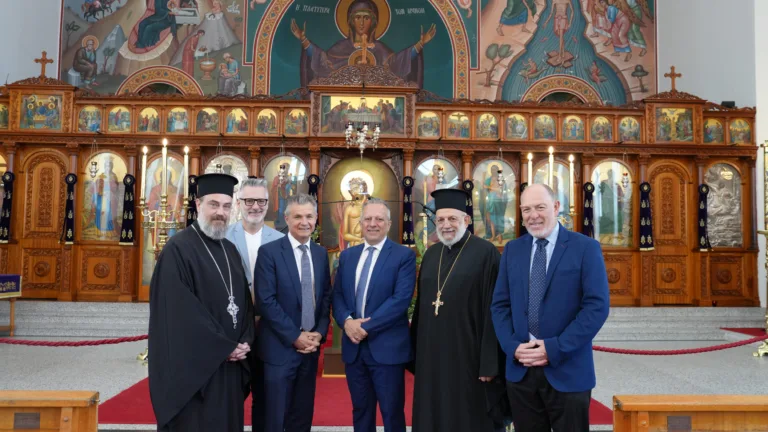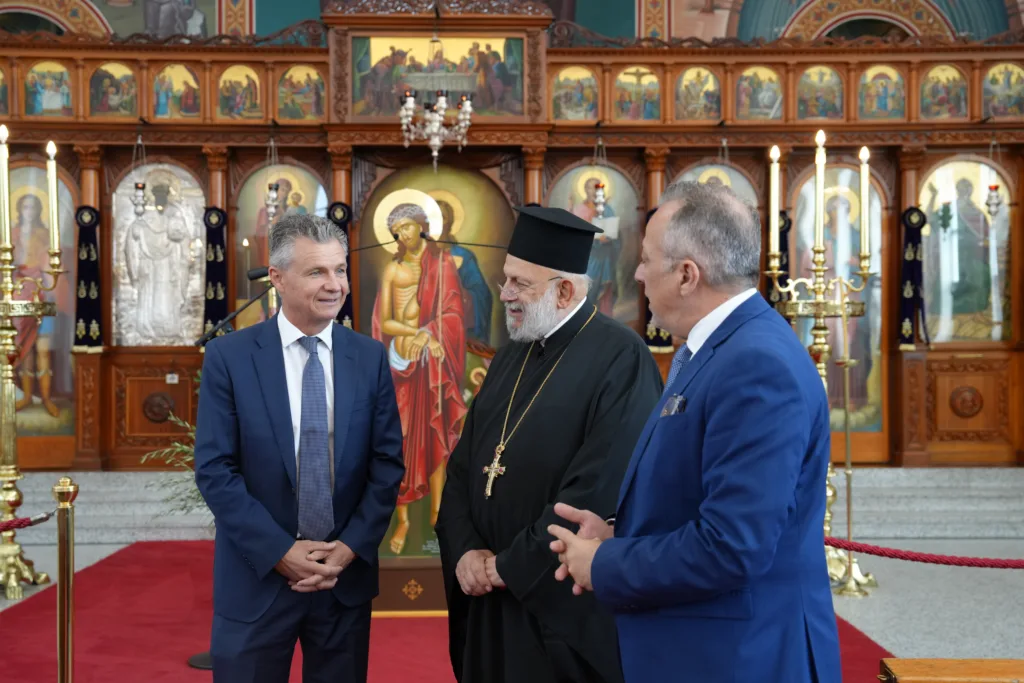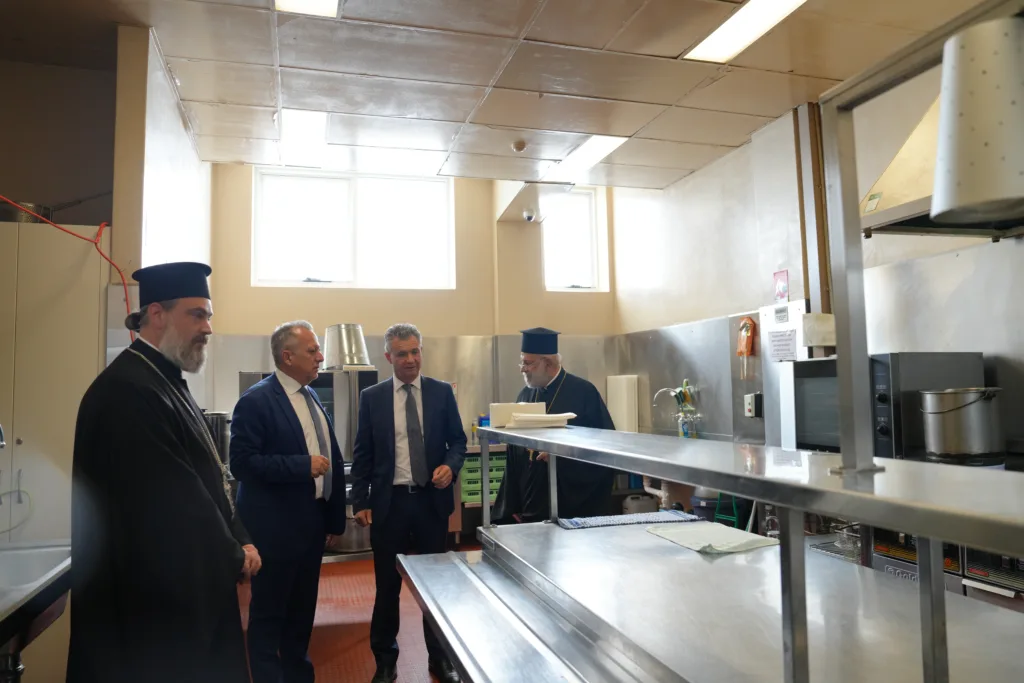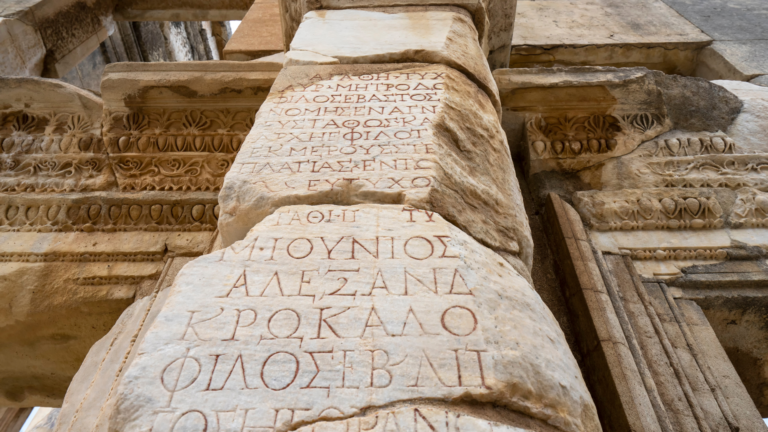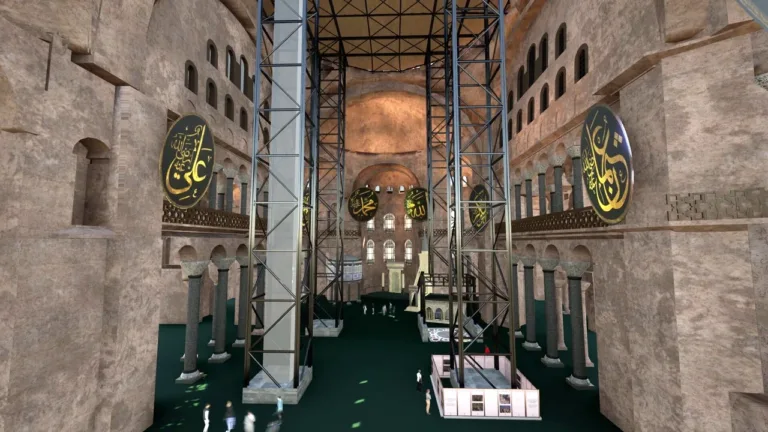Across the world, Greek communities celebrate Orthodox Easter with deep faith, cherished traditions, and lots of lamb on the spit. From Sydney to Springfield and Cape Town, young and old reflect on the meaning of the Resurrection while keeping cultural rituals alive — proving that Orthodox Easter is truly a global celebration.
Easter in Australia
Vicki P, a 23-year-old from Sydney, Australia revealed that Easter is a time to celebrate with family and enjoy delicious food.
“It is also a time to reflect on what we are grateful for, especially through fasting and by attending the various church festivities,” Vicki told The Greek Herald. “Easter is a really special time for my family, and I’m sure for many Greeks around the world.”
Vicki said each year, a big Easter lunch is held at a different family member’s house.
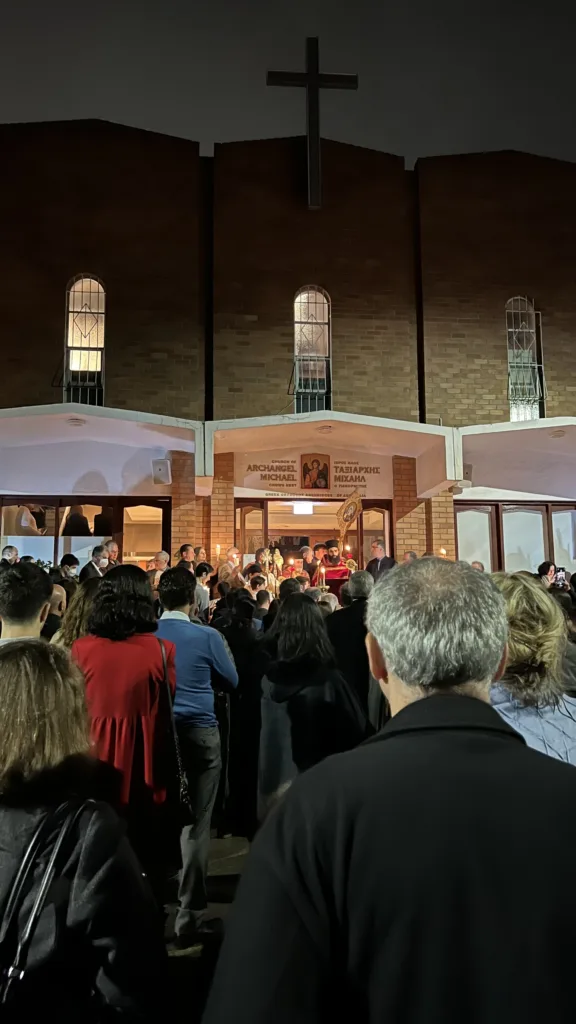
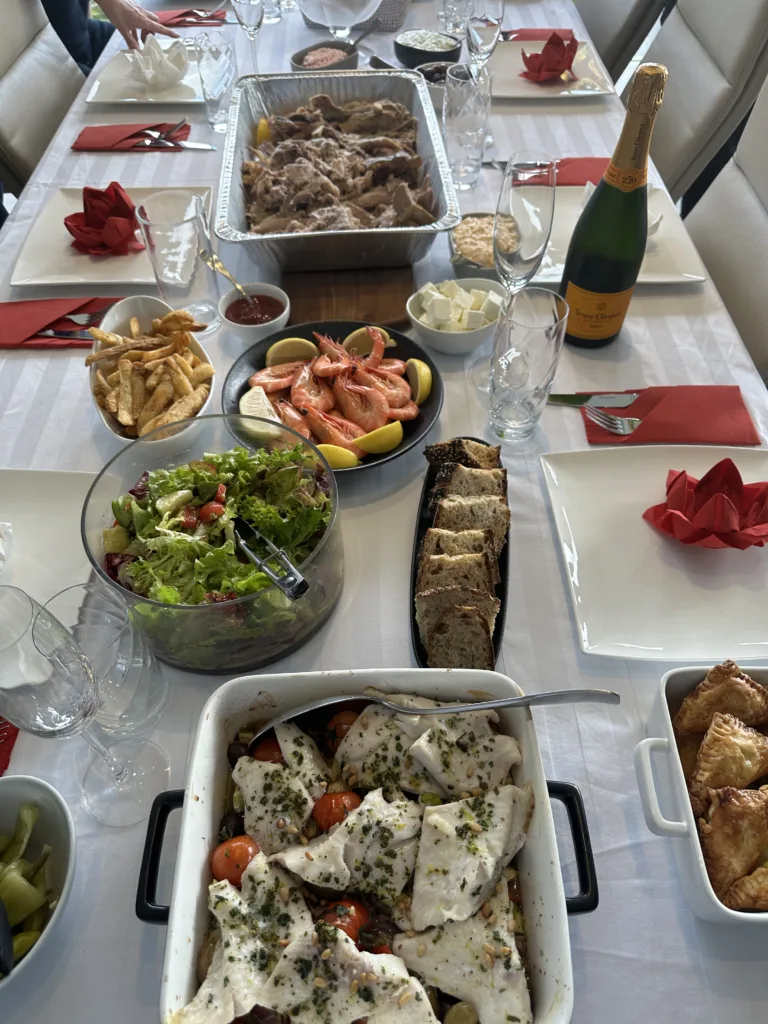
“We normally start by smashing red eggs until we find a winner, and then begin eating,” Vicki said.
“About 12-15 people come along and we enjoy a lamb on the spit, red eggs, spanakopita, Greek salad, tiropites, and of course plenty of tzatziki.”
Vicki said her family always keeps up with the Orthodox Easter festivities and traditions.
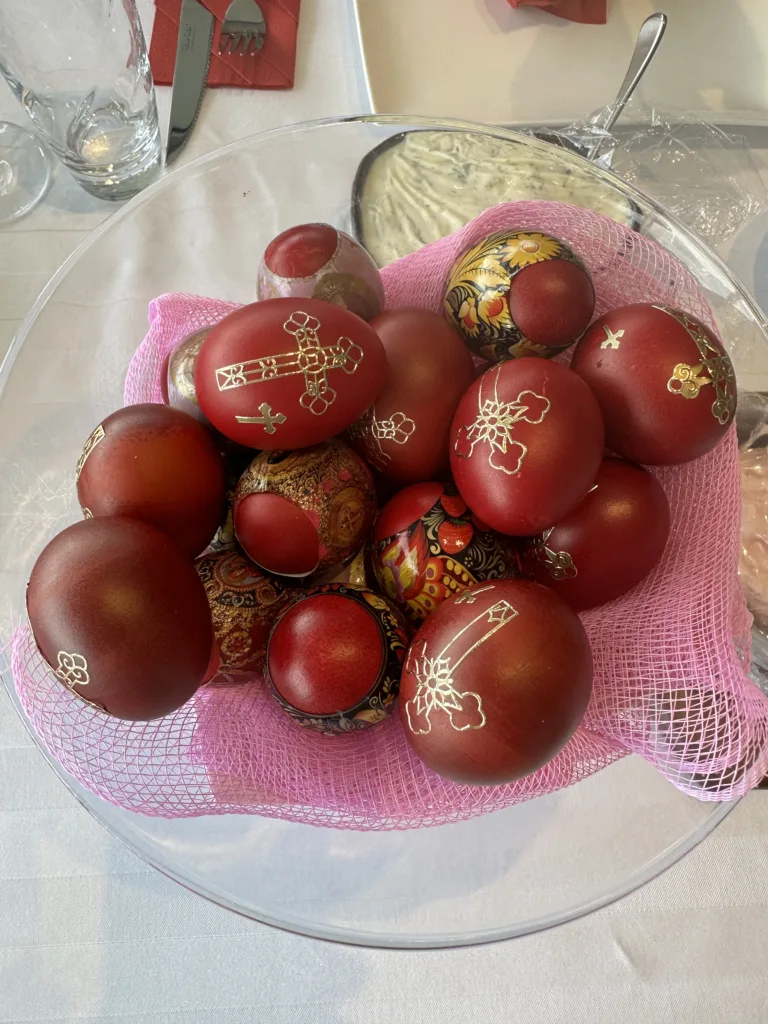
“My family bakes koulourakia, dyes red eggs, and has chicken soup (avgolemono) on Easter Sunday morning after church,” she said.
“We also make sure to collect the holy fire at Anastasi and using a candle, we mark a cross at the top part of our front door.
“When we were kids, my parents would organise an Easter egg hunt around the house, and one year my dad bought us a giant easter egg which was about 1 metre tall.”
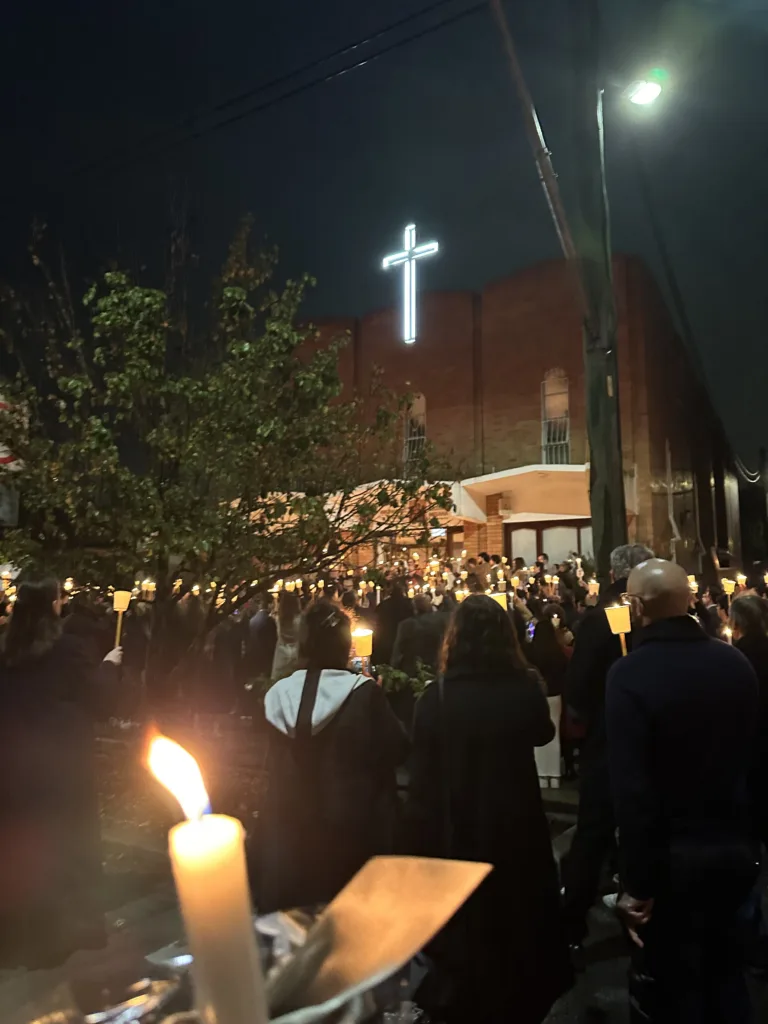

Vicki revealed that she is fortunate enough to still receive a lambatha from her godparents each year too.
“It makes me feel very proud to be Greek and happy that despite living in Australia, we have still maintained our traditions. It also makes me feel grateful that I have a lovely family to celebrate Easter with and to enjoy the festivities,” she said.
Easter in the United States
Haralambos Geanopoulos, a Greek American in his early 30s from Springfield, Massachusetts, told The Greek Herald that the Resurrection of Jesus, is a “huge part” of his culture and family.
“It’s a celebration in honour of our Lord Jesus Christ and the sacrifice he made for us. In return, we celebrate with our loved ones, family, and friends with various traditions for the Anastasi,” Haralambos said.
The Greek American, with roots from Lemnos and Crete, said his Holy Week involves “celebrating with all the community Greeks at Saint George Cathedral” in his hometown.

“My family goes to church throughout Holy Week to honour our Lord and we fast in return for what he did for us,” Haralambos said.
“Along with attending church for the Epitaphio on Good Friday to Holy Saturday for the lighting of the Holy Fire at midnight mass, we have a feast with the entire Greek community after church at our community hall to celebrate.”
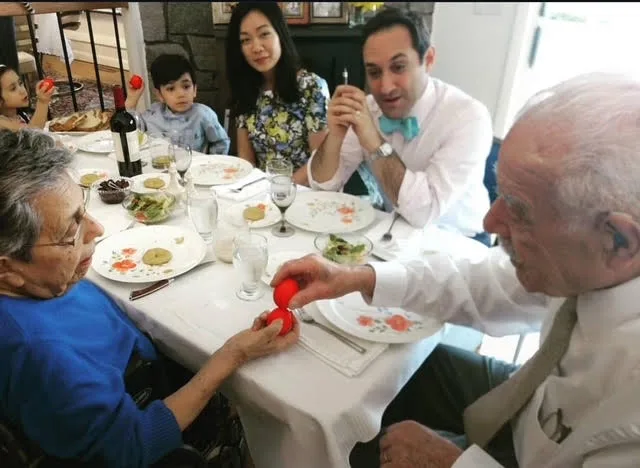
Haralambos said he feels “great” every year on Easter.
“I love to celebrate with family and friends. I cook and grill usually, so it makes me happy to be able to spend time and create lasting memories with all involved,” he said.
“Easter is most importantly, what Jesus did for us, however it is also its traditions that brings your culture and family together.”
Easter in South Africa
Georgina Protoulis, a South African with Greek heritage in her 50s from Cape Town, revealed that Easter to her involves a blend of “religious and cultural traditions.”
“We celebrate Greek Orthodox Easter which… focuses on the resurrection of Christ. But growing up, it was as much about the Greek cultural traditions as it was about the religious significance,” Georgina told The Greek Herald.
“It’s when we dye the eggs red and make the tsourekia, and then the whole house smells of mastiha and mahlepi.”

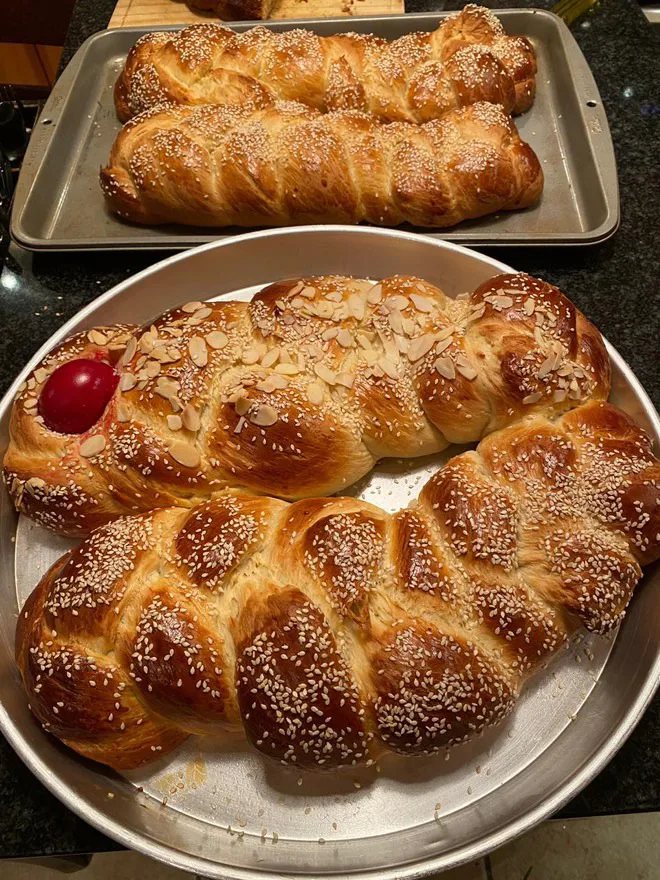
Georgina said Easter Sunday is the “highlight” of her Holy Week. It involves a traditional lamb on the spit, tsourekia, red-dyed eggs and plenty of Greek food.
“We also have roast potatoes and salad, and even though it’s more of a Catholic tradition, we eat chocolates too, which has become part of our Greek Orthodox Easter celebration as well,” she said.
“We celebrate by doing Greek dancing and just enjoying the afternoon with family and friends. It’s a time for both spiritual reflection and lots of joy and celebration.”
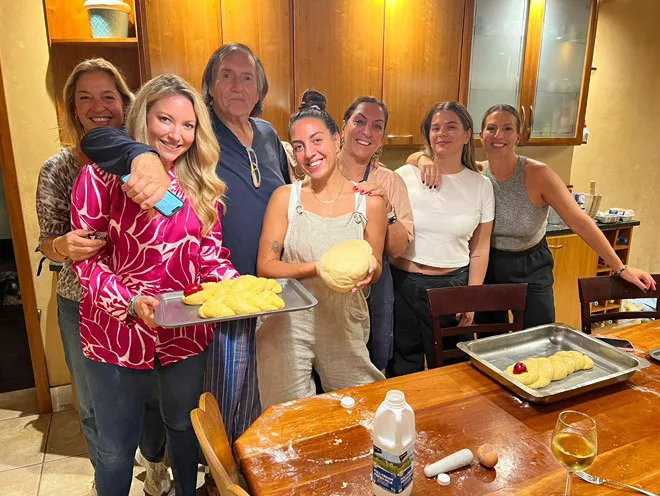
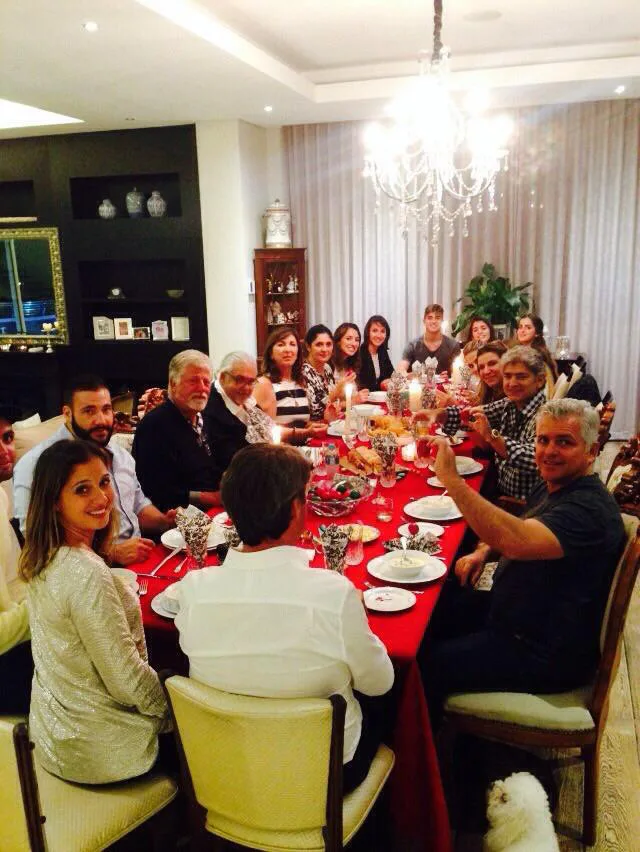
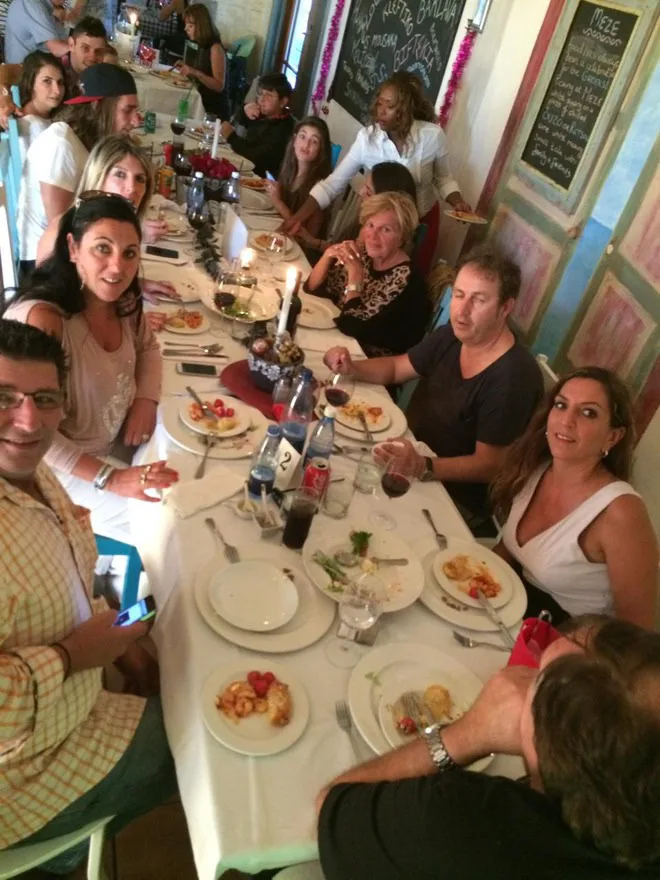
Georgina added that her family loves to attend various Holy Week services, including Holy Wednesday, Good Friday, and Easter Saturday.
“On the evening of Good Friday, we go to church. It is special because of the Epitaphios service… which is always a moving experience,” she said.
“Then, on Saturday, we make magiritsa. It’s a tradition to make the soup, although not everyone uses the intestines anymore – some people use kidneys and liver.
“After Midnight Mass, we break the fast with a meal at home. We typically serve magiritsa soup, or sometimes avgolemono soup, and a group of people usually gather at the house.”

She said she loves celebrating Easter every year.
“It’s such a special time because we get to come together as a family and celebrate these traditions that have been passed down through generations,” Georgina said.
“It really helps keep us connected, and there’s something so comforting about sharing these moments together every year.”

